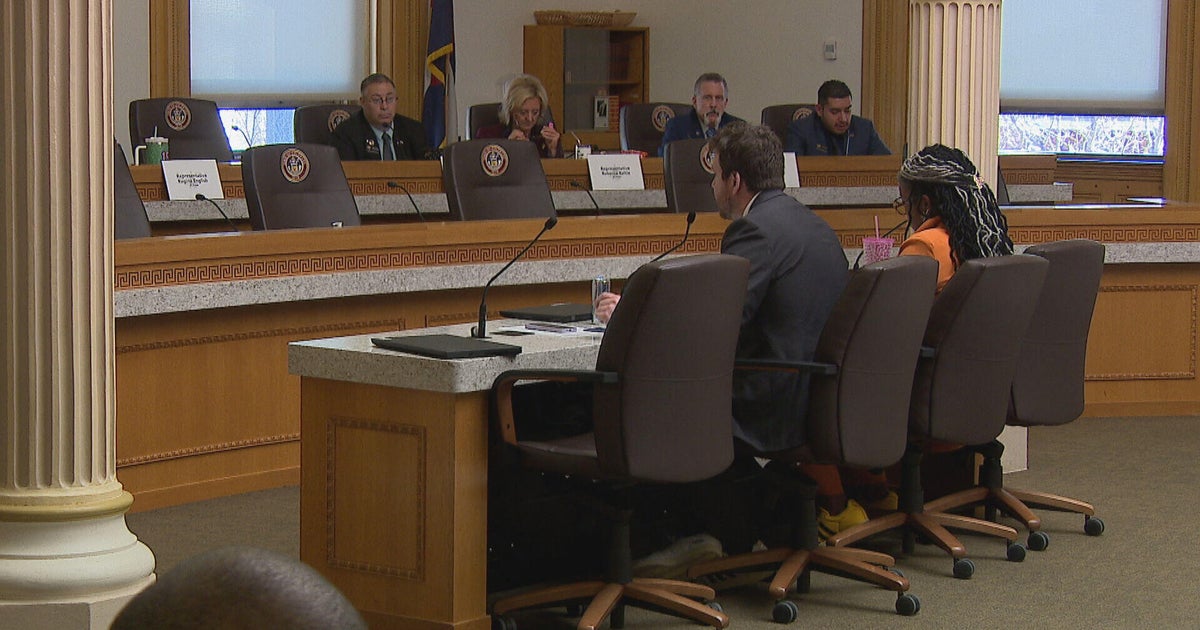Some say Illinois Workers' Rights Amendment would empower workers, others say it would cost state
CHICAGO (CBS) -- You may be hearing some talk about a so-called Workers' Rights Amendment on the November ballot in Illinois.
But what does it actually do? CBS 2 Political Investigator Dana Kozlov reported depending on whom you ask, it would either empower workers or give unions too much power.
Giving Illinois workers the constitutional right to unionize is now Amendment No. 1 on the November ballot. Those in favor of it, like Joe Bowen with Vote Yes for Workers' Rights, have billed in the Workers' Rights Amendment.
"The Workers' Rights Amendment will also protect Illinois workers from politicians who try to pass anti-worker laws in the future," Bowen said.
The amendment would specifically "guarantee workers the fundamental right to organize and to bargain collectively and to negotiate wages, hours, and working conditions, and to promote their economic welfare and safety at work."
"This applies to all workers in Illinois – it was written that way deliberately – and it applies to public- and private-sector employees," Bowen said.
But critics, like Austen Berg with the conservative Illinois Policy Institute, claim its passage would be a big hit to taxpayers.
"This is a very extreme move for Illinois. It's going to drastically increase the cost of government. People are going to see that in the cost of their property tax bills, gas tax bills, sales tax, income tax.
The amendment would also allow workers "to promote their economic welfare and safety at work," which Berg says would allow unions to demand things outside of the traditional wages and benefits – like affordable housing.
He claims that would basically give labor unions carte blanche to ask for whatever they want.
"The powers that are given in this are so broad that nobody even knows really the full extent of what the effects of this will be – especially on the way our government works," Berg said.
Bowen replied: "I disagree with that position. What we're doing is protecting your ability to join with coworkers to negotiate, and I think it's important to keep in mind that we're talking about negotiations."
Bowen said if the amendment passes, employees who want to unionize would still have to follow the same steps required by federal law. He could not say what would happen if an employer retaliates anyway and fires those workers.
Illinois would also become the fourth state to have similar protections in its constitution.








